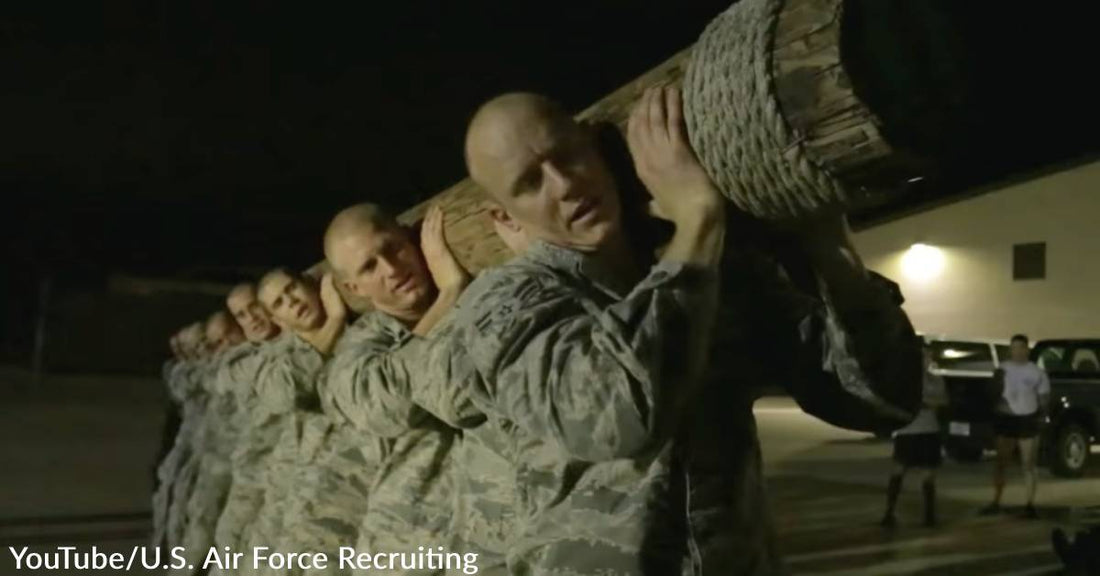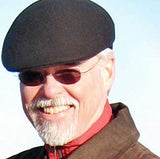7th Annual Holiday Toy & Book Event Help make the holidays brighter this year!
What It Takes To Be A Special Forces Operator
Dan Doyle
It is a matter of fact that war is a violent, deadly reality. Anyone who has been in combat, who has dealt with the realities of the battlefield, knows that intimately. And it is a fact that every combat veteran hopes that their war is the last war and that his or her own children will never have to face that reality.
But here is another fact: the human race has yet to grow up enough to free itself from the plague of war. As a result, there must be those who are trained and willing to fight and potentially sacrifice their own lives to protect the innocent from those who would threaten them and their liberty.
 Photo: YouTube/U.S. Air Force Recruiting
Photo: YouTube/U.S. Air Force Recruiting
Special Operators are a unique breed of warriors. This video is about the kind of training that Air Force Special Operators go through to become one of the team. I have written about Air Force Special Operators and their unique battlefield skills before. But this video focuses on the kind of training they undergo. And not all who want to be an AFSO will be able to get there. It takes a mindset, not just a certain physicality, that is truly beyond most of us.
 Photo: YouTube/U.S. Air Force Recruiting
Photo: YouTube/U.S. Air Force RecruitingAs you watch the kinds of things that these men and women must endure physically and mentally, you will come to realize that those who make it are those who are able to go beyond their capacities for physical endurance, who have a toughness of mind that transcends even the incredible toughness of their bodies.
There is a point where the pain, the confrontation with one's own perceived limits, has to be overcome. Many are unable to get beyond their perceptions; they "ring the bell" and quit. It "sucks!" The pain, the nagging thought that the physical pain is too much, or the mental stamina is at its end, becomes overwhelming for all of the trainees, but only a few find that something within them gets them through that. They keep going, even though it feels like they can't. They begin to recognize that, for them, "the suck is their new norm." These are the men and women who become Air Force Operators.
 Photo: YouTube/U.S. Air Force Recruiting
Photo: YouTube/U.S. Air Force RecruitingNow, it must be known too that this is not the only part of their training. There is the tough academic side as well. As Special Operators, they will have to know how to read a battlefield situation in the heat of combat. They will have to know map reading, communication skills, terrain awareness, and what assets will be needed for support, either offensively or defensively, both ground and aerial.
They will have to be tactically savvy and will have to do all of this within the context of real combat situations, as they will be the one in the team that will be in charge of coordinating, planning, and controlling reconnaissance surveillance and terminal control in the field. They will have to provide air traffic control services for airfields and assault zones in the areas they will be operating in. They will establish command and control communications and ensure that their teams are organized, trained and equipped to perform the core missions. And more.
 Photo: YouTube/U.S. Air Force Recruiting
Photo: YouTube/U.S. Air Force RecruitingThere are Special Operators in each of the Armed Services, and each has its own special missions and training that demand more of an individual than seems possible. These Air Force Operators will serve with all of these elite units because of their own unique capabilities.
War has been a reality for all of human history. That humanity has not yet grown beyond this reality is a sad and troubling fact. The sad reality is that because this is so, there are those who must be prepared to go to war to protect and to defend the rest of us, if and when the need arises. These Air Force Special Operators and their counterparts in the other services are those who are willing and able to do that.
https://youtu.be/B7V1Pa8dZMA


